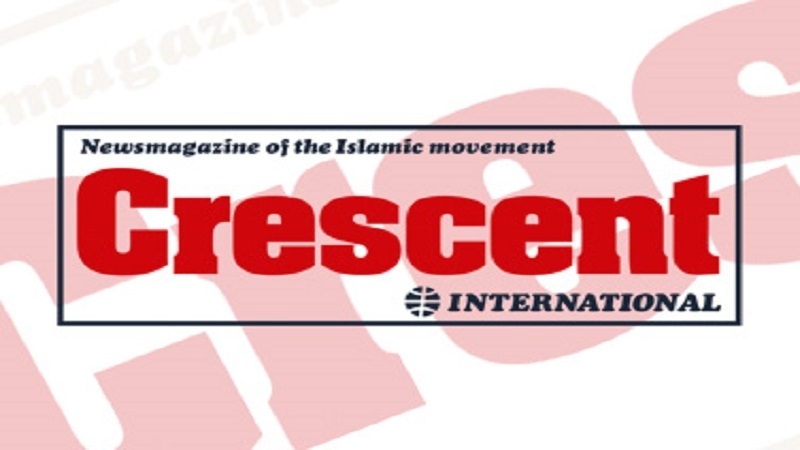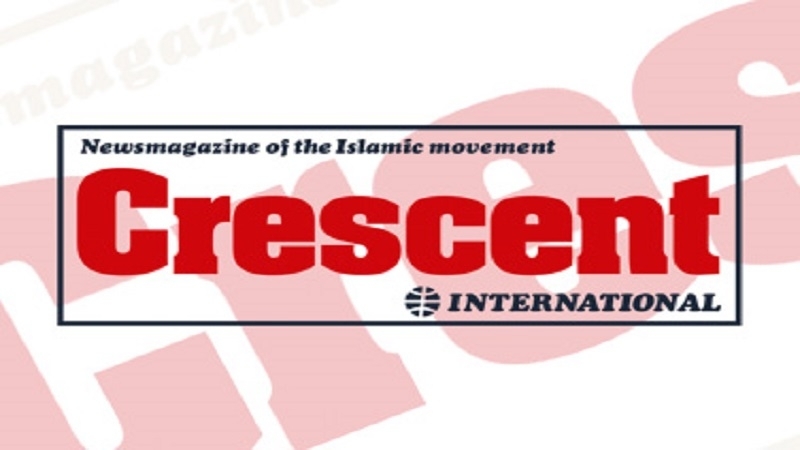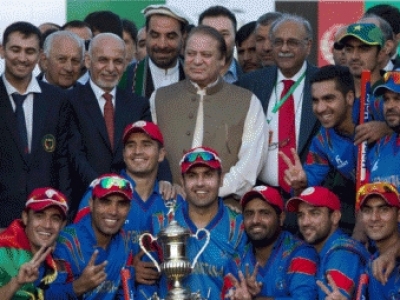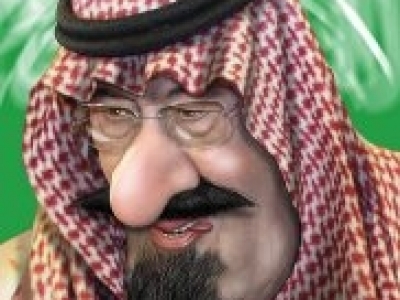Time for Islamic Iran to return to world stage
Developing Just LeadershipCrescent International
Dhu al-Qa'dah 29, 1423 2003-02-01
Editorials
by Crescent International (Editorials, Crescent International Vol. 31, No. 23, Dhu al-Qa'dah, 1423)

Despite continuing politicking, now predominantly between the US and allies worried about its increasingly aggressive and destructive behaviour, America’s eventual occupation of Iraq seems inevitable. Several reasons for the US’s plans are known: control of Iraq’s oil reserves; revenge for Saddam’s defiance in the last 12 years; Bush junior’s desire to complete his father’s work; the establishment of an alternative regional puppet in case the Saudis fall; and the need for results in its "war against terror".
There is, however, another reason that has received little attention: the intensification of the US’s long-standing campaign to contain and ultimately destroy the Islamic State of Iran. Iran has been central to the US’s Middle East policy since the Islamic Revolution in 1979, which destroyed the myth of the West’s unchallenged global hegemony, and inspired the global Islamic movement. Indeed, it is hardly an overstatement to suggest that the need to limit Iran’s influence, and ensure that its model is not repeated in other Muslim countries, has been at the heart of the US’s policies, including its occupation of the Arabian peninsula on the pretext of liberating Kuwait and containing Saddam.
This month Muslims around the world marked the 24th anniversary of the Revolution. During this time, the existence of an Islamic state has become taken for granted. In its early years the US maintained an intense and high-profile war against it, until it became clear that Islamic Iran could withstand both military invasion and intense propaganda and ideological warfare. So the US sat back and predicted that Islamic Iran would collapse after the death of Imam Khomeini, or because of massive internal opposition to "clerical despotism." Instead, Iran became proof of the possibility of establishing a modern, vibrant, progressive political society on the basis of Islamic principles, and proof of the falsehood of Western assertions that any Islamic state must be as backward, reactionary and repressive as the Wahhabi state in the Arabian peninsula or the Taliban in Afghanistan, and that being Western is the only way of being modern. The result is that, despite all the US’s machinations, Iran remains the one truly independent state in the Muslim world, and is recognised and respected as such by Muslims and non-Muslims.
From the outset Iran faced many challenges: the external challenges of survival in a world dominated by institutionalised kufr, and leadership of a global Islamic movement consisting largely of underground movements; the internal ones of rebuilding a country ravaged by exploitation, and of developing a working modern Islamic system, in what are far from laboratory conditions. Errors of judgement, understanding, strategy and policy were inevitable. Last month Muslims were shocked to see President Khatami as guest of honour at India’s Republic Day celebrations; having to deal with unpleasant regimes is an unescapable political reality, but sharing in their triumphalist national celebrations is going too far. Iran’s foreign ministry has been prone to such errors of judgement, perhaps because their perspective is skewed by having to play diplomatic games. Ayatullah Sayyid Ali Khamenei’s message to the hujjaj confirms that the leadership of Islamic Iran maintains a clear vision of the state of the world, but Iran’s position is weakened by such gaffes.
At a time when the global hegemon is preparing for another attack on it, Iran must realize that its best allies are not foreign powers with ulterior motives, but the Islamic movements that continue to see Iran, despite all its faults, as the leading edge of the Islamic movement, at a time when younger, hotter-headed parts of the movement have been manipulated into positions and actions that weaken the movement and to provide our enemies with excuses to attack us. The US’s aggressive unilateralism in recent months has sharpened opposition to its hegemony, among Muslims and non-Muslims alike. But the Islamic movement is the only movement with an established record of opposing the US and offering non-Western societies an alternative to subservience to Western rule.
Islamic Iran must now take a clear and principled stand at the forefront of this global movement of resistance, both as de facto leader of the Ummah, and as its own best protection against the US’s designs. Islamic Iran’s next great challenge and test is approaching; it can afford neither to be diffident in its response, nor to permit elements within it to make the mistakes they have made before.




